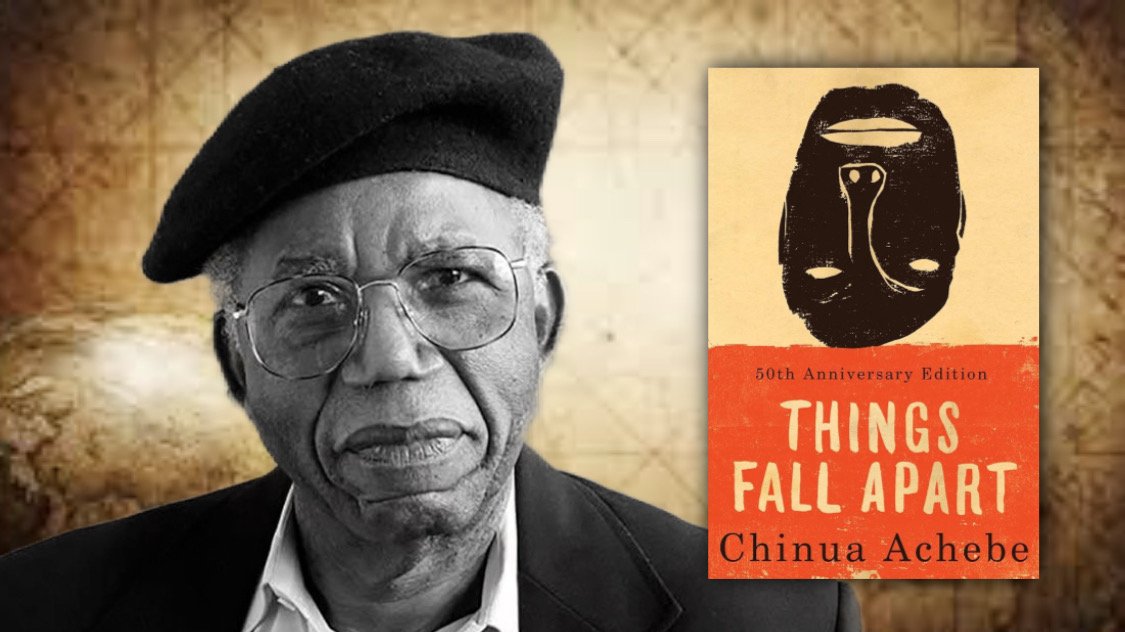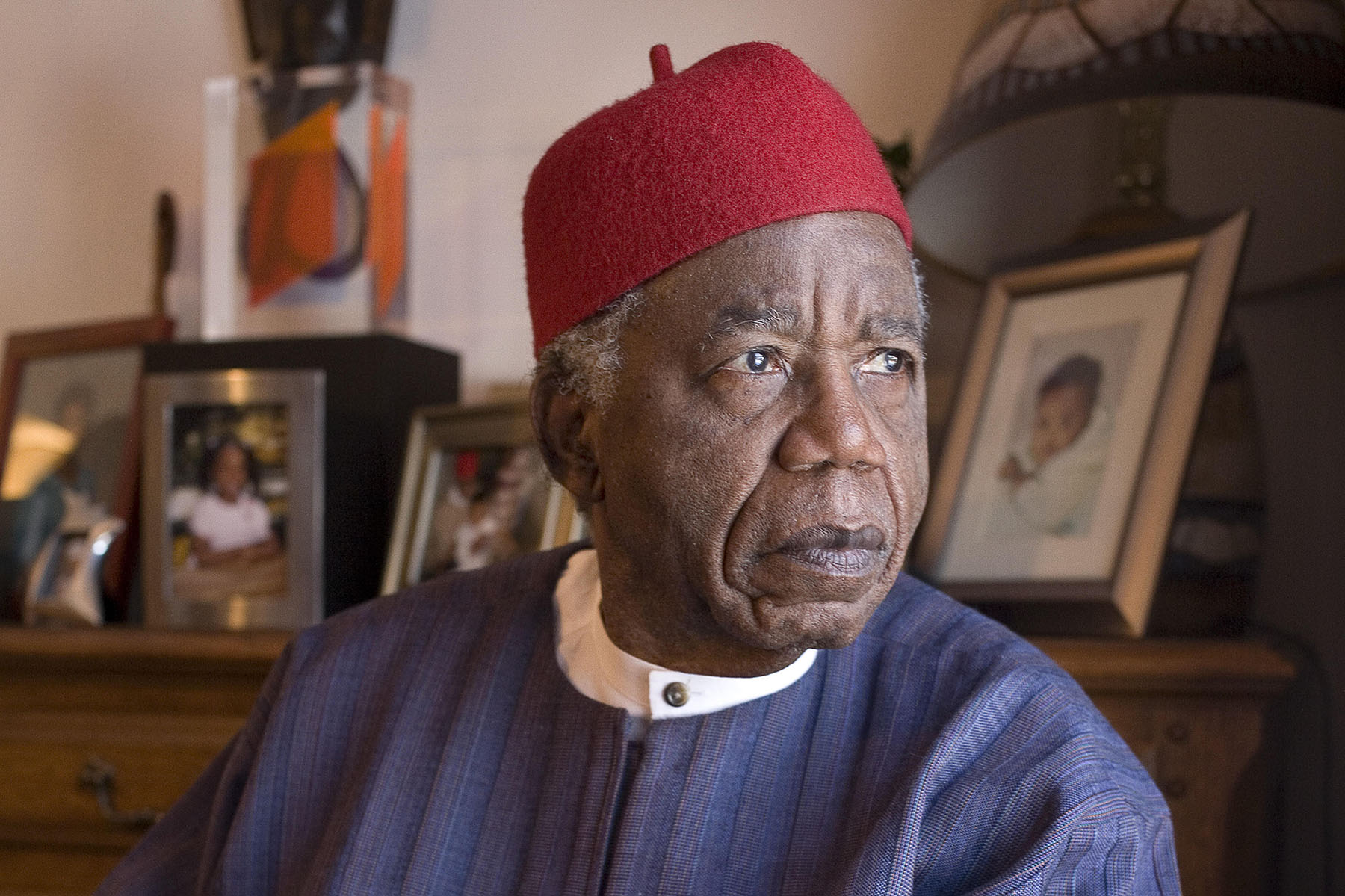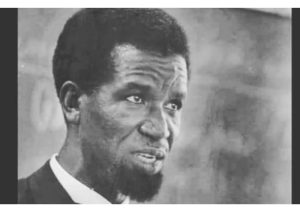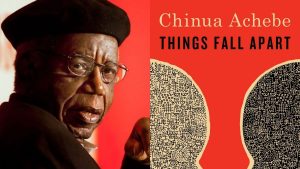Regarding African literature, one name dominates the others: Chinua Achebe. Achebe is both a portal and a lighthouse for the younger generation, particularly those just starting to traverse the vast territory of African literature. His paintings are a vast tapestry of African life, culture, and history, not just narratives. Achebe is a fundamental person for everyone interested in the literature of the continent as he uses his words to convey the African experience to the international scene.
The Early Life of Chinua Achebe: Roots in Igbo Tradition
Born in Ogidi, an eastern Nigerian hamlet on November 16, 1930, Chinua Achebe was fully submerged in the Igbo culture and customs. Albert Chinualumogu Achebe, his full name, symbolizes the mix of his Christian background and strong Igbo heritage. His mother was a classic storyteller while his father taught at a missionary school. Achebe’s perspective was influenced by this special mix of influences: the rich oral traditions of the Igbo and the Christian schooling. Later on, this shaped his literary basis.
Achebe grew up absorbing African customs as well as Western knowledge. Though he read a lot of literature by European writers, he often felt conflicted about how Africa was depicted in these works. The Africa he knew from its rich civilizations and sophisticated societies was not the one he saw in the books. This insight set the stage for his life’s work—that of narrating African tales from an African point of view.
The Birth of Modern African Literature: Things Fall Apart
Achebe initially released his book Things Fall Apart in 1958. This book was a seismic change in the literary scene rather than just a stirrer. Before Things Fall Apart, African voices were mostly missing from world writing. Often written by outsiders with little knowledge or regard for the societies they detailed, the tales that were known existed The work of Achebe corrected that.
Things Fall Apart chronicles the life of famed Igbo village leader Okonkwo. Based on late 19th-century events, the book investigates how Christian missionaries and British colonization affected the customary Igbo culture. Readers discover the complexity of Igbo culture—its values, practices, and the inevitable conflict between tradition and change—through Okonkwo’s voyage.
The way Achebe told her experience made Things Fall Apart innovative. He did not present African society as a homogenous entity determined by Western criteria. Rather, he highlighted its shortcomings as well as its depth and variety. Achebe gave his characters heart and depth so they may talk for themselves instead than for others. By doing this, he developed a story that spoke to people all over as well as Africans.

A Voice for the Voiceless: Achebe’s Mission in Literature
Achebe’s writing was motivated by a clear goal: to recover the African story from the skewed perspective offered by colonial literature. “Write your own,” he once said if you find someone else’s tale unsatisfactory. All he wrote was grounded on this idea. By means of his books, articles, and lectures, Achebe aimed to refute the preconceptions that had long dogged African people and provide a real portrait of African life.
Apart from Things Fall Apart, Achebe produced numerous more significant pieces including No Longer at Ease (1960), Arrow of God (1964), and A Man of the People (1966). From the difficulties of post-colonialism to the complexity of political life in recently independent African governments, each of these works investigates many facets of African society.
Achebe wrote for Africa not just about it. Using language and subjects that spoke to his fellow Nigerians, his tales firmly anchored themselves in the local setting. Still, his art spoke to universal concerns of identity, resistance, and the human condition beyond national borders. By means of his work, Achebe provided the voiceless a voice and guaranteed that African points of view were loud and unambiguous on the scene.
Impact on Global Literature: Changing the Narrative
Influence of Chinua Achebe goes well beyond Nigerian boundaries. Over 50 languages have been translated from his writings, and Things Fall Apart by alone has sold more than 20 million copies all over. But his influence is felt in the way he has motivated generations of writers—in Africa and beyond—not in terms of numbers.
In international literary circles, African literature was sometimes discounted or excluded before Achebe. His popularity gave other African authors the courage to share their experiences in their own voices, therefore opening the path for others. Writers include Wole Soyinka, Ngũgĩ wa Thiong’o, and Chimamanda Ngozi Adichie have all admitted how much Achebe inspired their writing.
Achebe made contributions to literature outside of his books. As an essayist and critic, he also questioned the way Western writers presented Africa. A seminal analysis revealing the ingrained racism in one of the most revered pieces of English literature, his article “An Image of Africa: Racism in Conrad’s Heart of Darkness” By means of his critical writings, Achebe not only maintained Africa’s reputation but also advocated a more comprehensive and honest portrayal of the continent in literature.
The Relevance of Achebe Today: Lessons for the Younger Generation
The younger generation of today still finds great relevance in Chinua Achebe’s works. Achebe’s focus on the need to share one’s own experience is a great lesson in a society where globalization sometimes results in the erasing of local traditions. He counsels us not to let others define us and to value our identities, history, and cultures.
Achebe’s creations also reflect the continuous fight against colonialism and its aftermath. Still very much relevant now are the problems he talked about: cultural alienation, the conflict between tradition and modernism, the complexity of identity. Achebe’s work provides young people negotiating these difficulties both direction and motivation.
Moreover, Achebe’s dedication to accuracy teaches honesty. He did not hold back on challenging subjects or awkward facts. Even if it was controversial, Achebe was always honest in her writing about the effects of colonialism or the corruption in post-independence Nigeria. Young people of today might benefit from this bravery, particularly at a time of false information and shallow narratives.
Conclusion
Chinua Achebe represents African resiliency, ingenuity, and knowledge rather than just a writer. His writings have permanently changed the way Africa is seen and interpreted, therefore impacting world literature. Finding Achebe is like uncovering a treasure store of very personal and generally applicable tales for younger readers.
Discovering Achebe’s works will let you realize he asks you to see the world through African eyes rather than only tells you about Africa. His tales serve as a link across civilizations and provide insights just as worthwhile now as they did when he originally penned them. Enter the universe of Chinua Achebe and learn the ability of narrative to transform the world, hearts, and brains.
Please read all our stories on African Literature here




